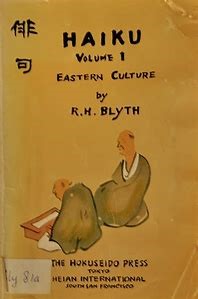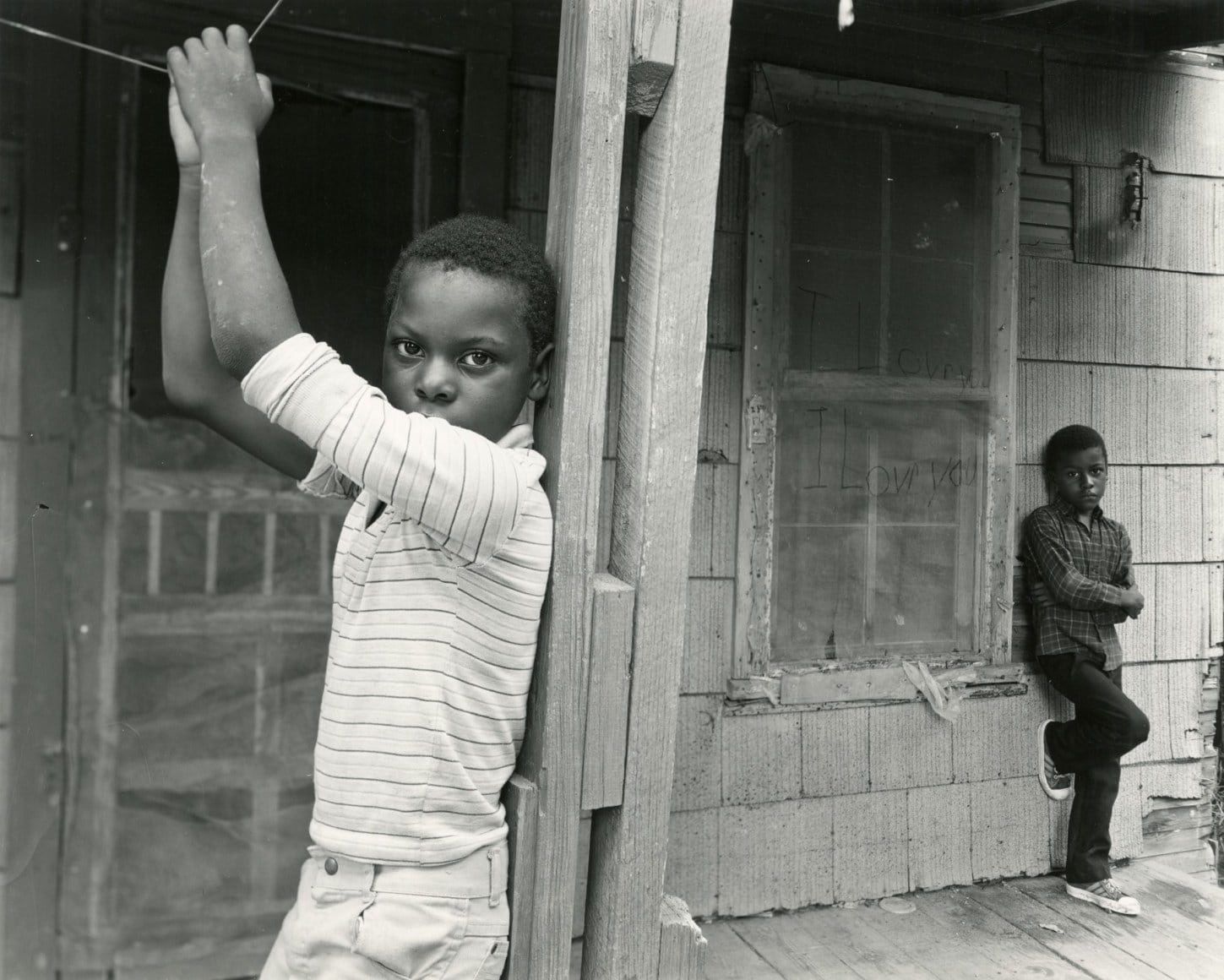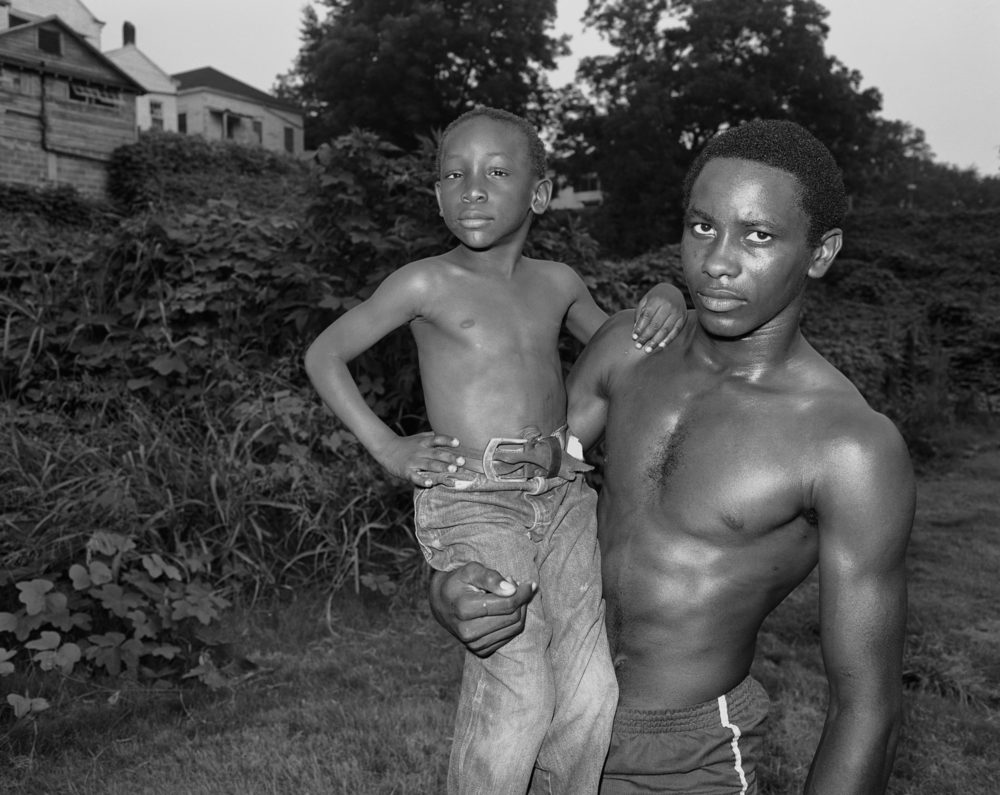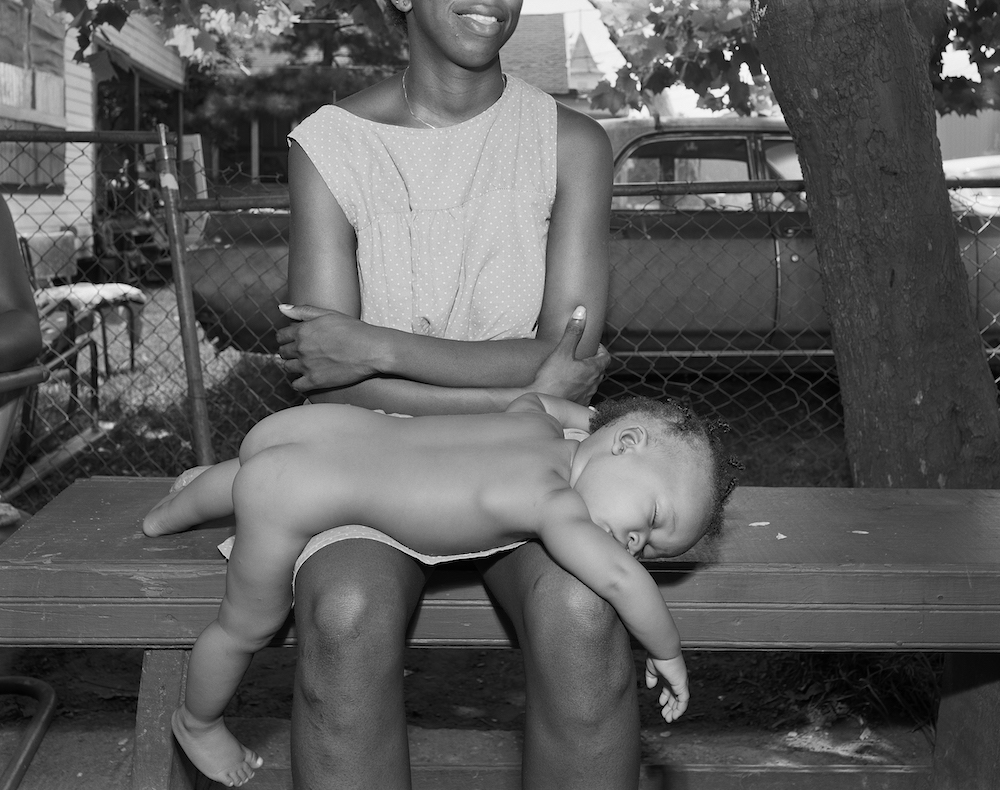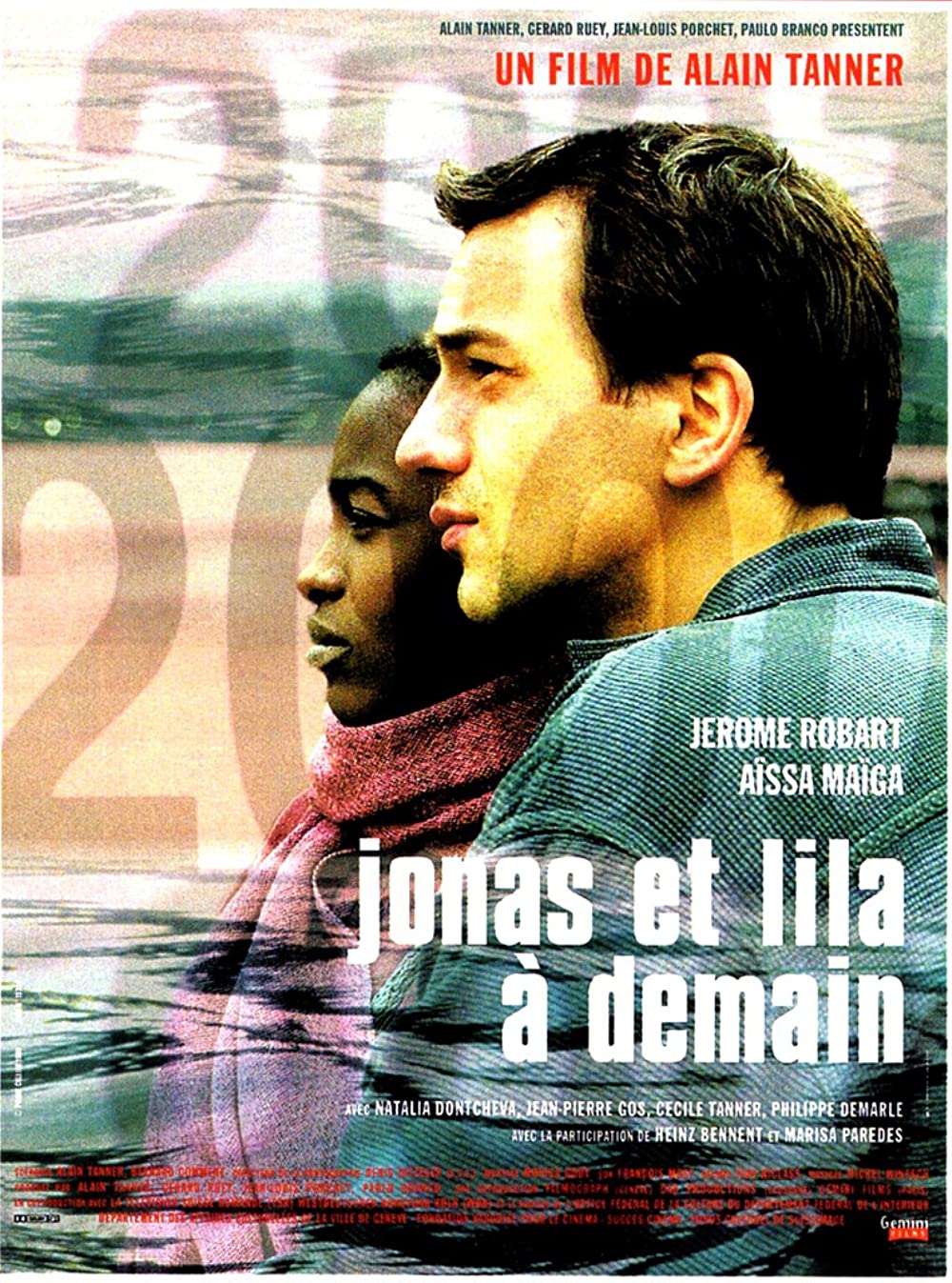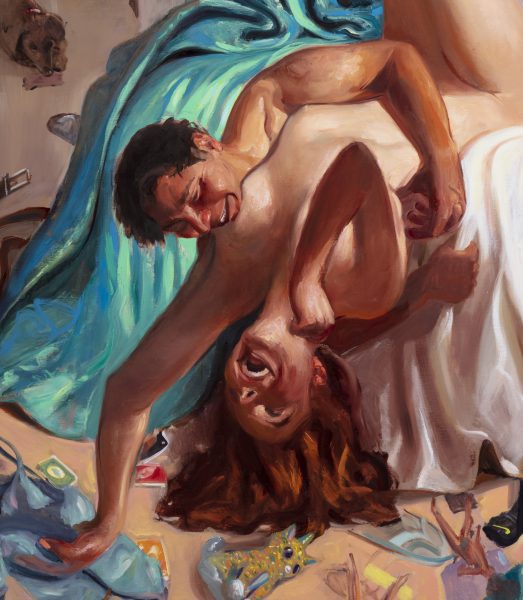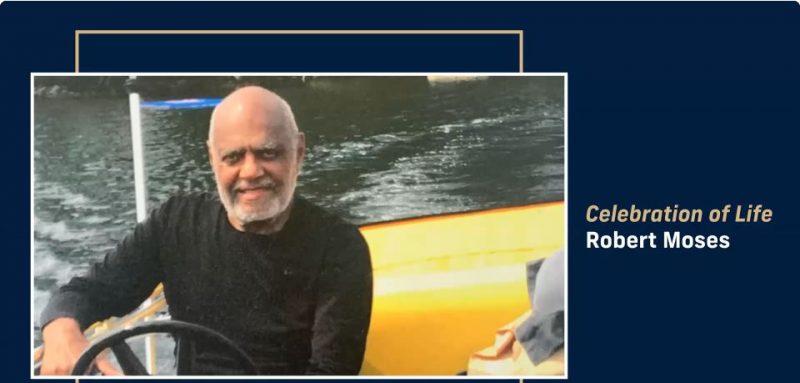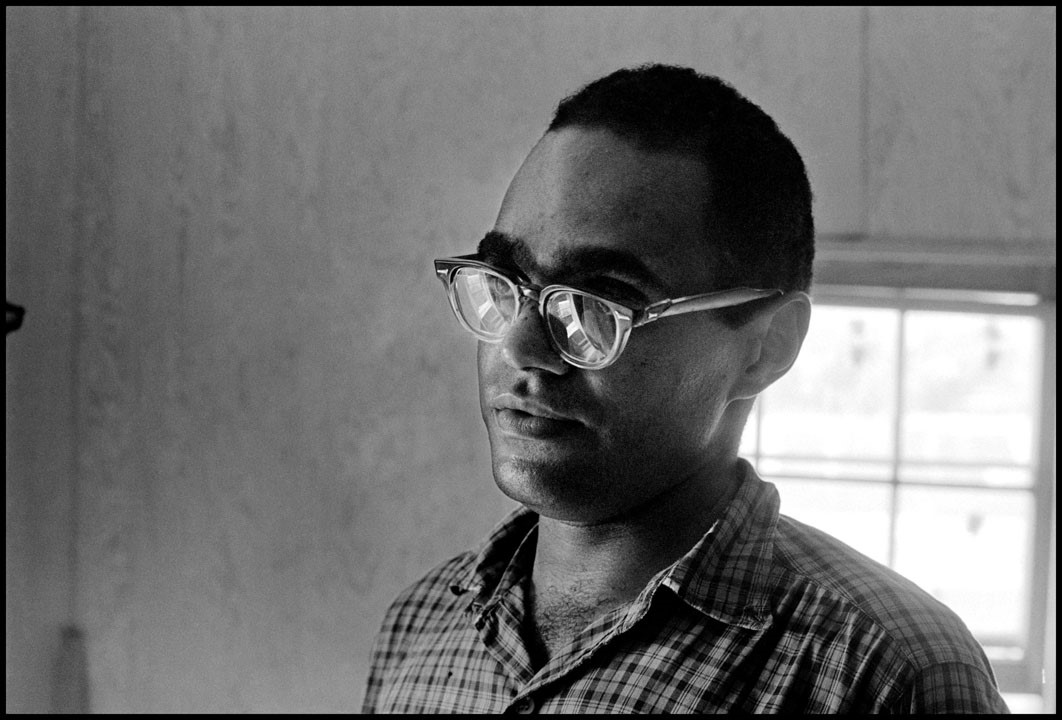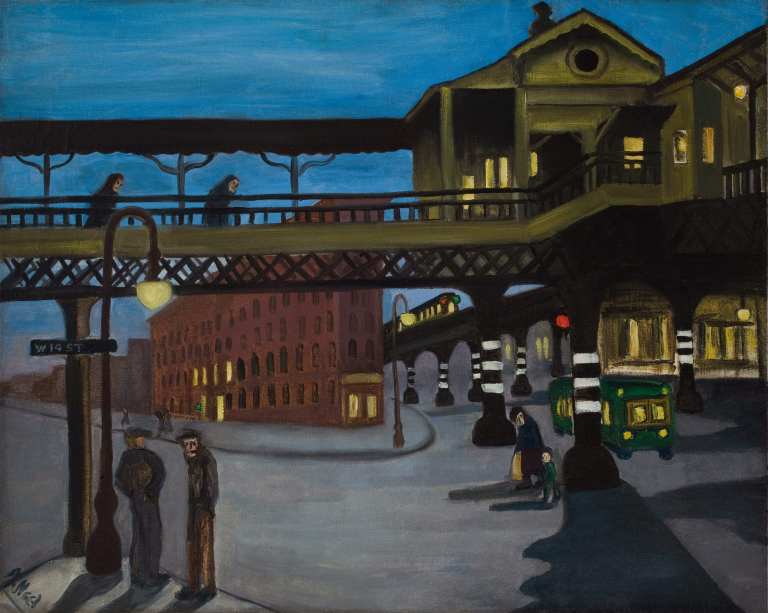Originally posted here seven years ago…
The other week, deep summer, we went to see David Johansen in his persona as Buster Poindexter. For many years now, Johansen, former New York Dolls lead singer and front flounce, has in his cabaret act been one of the great American songbook curators (Jonathan Schwartz wishes), lurking in the brilliant corners of U.S. pop. (Without Johansen I’d never have heard Katie Lee’s late-1950s pop-Freudian homage, Songs of Couch and Consultation, lead song “Shrinker Man.”) At the end of this particular set at City Winery, he called to the stage his wife Mara Hennessey, who announced that she had a particular favorite she’d like David to sing, whereupon she started to intone the line, “that summer feeling, that summer feeling, that summer feeling,” and Johansen took off into the lyrics. It was so haunting! I knew that song! What was it again? When I got home I looked it up and of course: Jonathan Richman’s “That Summer Feeling.” Astonishing song.
